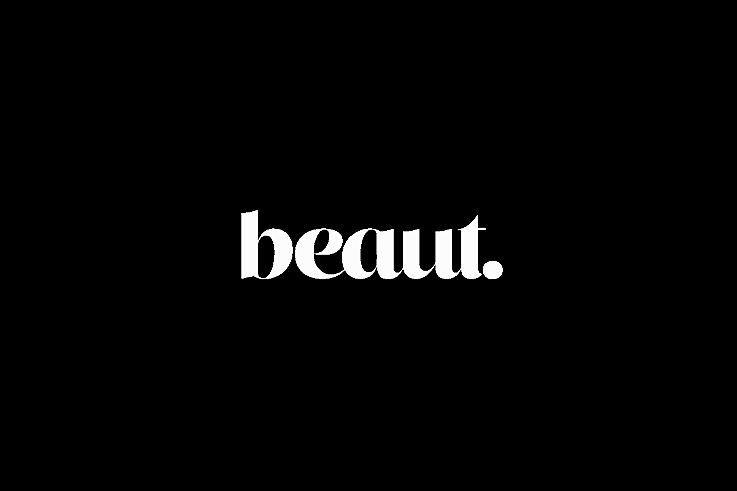
**Some images NSFW**
There are many ways of making a political process. You can march in the streets. You can write letters to people in positions of power. Or, if you're the Ukrainian feminist group Femen, you can take your top off. Since 2010, Femen have been protesting topless as part of their campaign to, as the Guardian described it, bring about "an end to all religions, dictatorships and the sex industry" (though they haven't explained how you can bring about the end of all religions outside of a dictatorship".
And why topless? Well, obviously it attracts media attention, though they claim that's not the only reason. Femen leader Inna Shevchenko recently told the Guardian's Kira Cochrane:
"One of the main goals is to take the masks off people who wear them, to show who they are, and the level of fucking patriarchy in this world, you know?" She says they also want to reclaim women's bodies for women. "A woman's naked body has always been the instrument of the patriarchy," she says, "they use it in the sex industry, the fashion industry, advertising, always in men's hands. We realised the key was to give the naked body back to its rightful owner, to women, and give a new interpretation of nudity ... I'm proud of the fact that today naked women are not just posing on the cover of Playboy, but can be at an action, angry, and can irritate people."
This month Femen launched a new campaign called Topless Jihad. It began after a Tunisian feminist and Femen supporter called Amina Tyler posted a photo of herself online with the words "my body belongs to me, it is not the source of anyone’s honour” written on her body. Tyler received terrifying death threats and went into hiding. In response, Femen protested topless outside mosques wearing fake beards and turbans, and burned a flag bearing the words of the Islamic profession of faith.
Advertised
Regardless of whether getting your boobs out is an effective way of protesting, Femen's campaign is clearly problematic, to say the least. Understandably, many Muslim women who identified as feminists were not impressed by a bunch of women from non-Muslim backgrounds hijacking their own struggle and mocking their religion. Femen seem to equate violent extremists, like the people who threatened Amina Tyler, with ordinary Muslims. The burning of the flag seems to have made Tyler herself uncomfortable, as she told a French TV station "I am against that. They didn't insult a certain kind of Muslim, the extremists, but all Muslims."
Muslim women, some who wear the hijab (headscarf), some who don't, took to the net to tell the world that they could liberate themselves, thanks very much. As the excellent London-based Nigerian writer Bim Adewunmi pointed out in the New Statesman, the message FEMEN sends out contradicts itself. She wrote, "“Women!” they seem to be saying. “Your bodies are your own – do with them what you will! Except you over there in the headscarf. You should be topless.”"
Instead of listening to and working with Muslim feminists and other women in the Islamic world, Femen have just told them what do do - and when they did speak back, Femen dismissed the objections, claiming that they were just being controlled by the men in their lives. As Meher Ahmad wrote on Jezebel, Femen don't seem to believe that Muslim feminists can actually exist.
It's that casual and clumsy analysis of a culture so deeply intertwined with religion that enrages Muslim feminists around the world. There's no denying that Arab and Muslim cultures are deeply influenced by misogyny (you can't tell me banning women from driving cars is feminism), but the rushed judgement that no feminism can exist within Islam is a flawed concept. Though some feminists, like Tyler and Elmahdy, may chose to confront religious society altogether, it doesn't mean religious feminists can't exist. It's not an oxymoron— for thousands of Muslim women, it's their daily reality.
So what do you think of Femen's campaign? Are their shock tactics effective, or can they do more harm than good? I'm with Bim Adewunmi on this - non-Muslim feminists need to work with their Muslim comrades, not patronise and insult them under the guise of "rescuing" them.
Advertised
And I also agree with Germaine Greer. "Topless is easy!" she said last week. "You want to upset people, go bottomless. And be old!"






